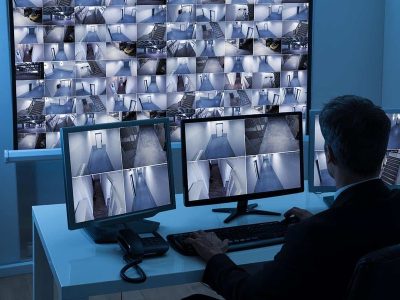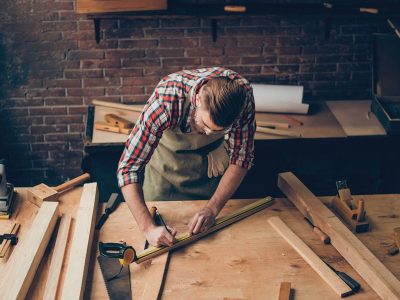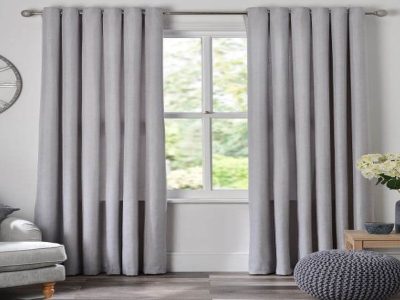In the quest for a warmer home, many UK homeowners are turning to gas and electric fireplace suites, multifuel stoves, and inset multifuel stoves. Yet, beneath the appeal of these modern and traditional heating solutions lies a critical reality: safety risks can arise if installations aren’t carried out professionally. Poorly installed units can lead to fire hazards, toxic fumes, and costly damage to your home.
Are you aware of the risks? In this guide, we explore the essential reasons to prioritise professional advice and installation for fireplace suites and stoves, highlighting common pitfalls and the dangers of DIY installations.
Why Professional Installation Is Non-Negotiable
The allure of a warm fire, while charming, requires serious consideration of safety, especially in home heating systems like gas, electric, and eco-friendly multifuel stoves. Each type has its own specific risks if installed incorrectly:
- Gas Fireplaces: Faulty gas connections or inadequate ventilation can lead to carbon monoxide leaks, which are odourless and potentially fatal.
- Electric Fireplaces: Faulty wiring can cause electric shocks or fires, while poor placement can lead to overheating.
- Multifuel Stoves: Incorrect flue and ventilation configurations can lead to smoke and hazardous gas buildup indoors.
- Inset Multifuel Stoves: These need precise fitting to avoid air leaks, overheating, and pressure imbalances, which can compromise their performance and safety.
Curious about how improper installations can affect your home and health? The following examples show why expert advice and fitting are essential.
The Health Risks of Incorrect Installations
Let’s examine potential scenarios that highlight the risks and health hazards of ignoring professional help when installing heating solutions.
Scenario 1: Carbon Monoxide Poisoning from Gas Fireplaces
Imagine installing a new gas fireplace suite in your living room, aiming to enjoy a cosy ambiance during the winter months. Without consulting a Gas Safe-registered professional, you decide to handle the gas connections yourself, assuming it’s a simple job.
The Risks: Incorrect gas connections or inadequate ventilation in a gas fireplace can lead to carbon monoxide buildup. Carbon monoxide is colourless and odourless, making it virtually undetectable without an alarm. Prolonged exposure can lead to symptoms such as headaches, dizziness, and nausea; in severe cases, it can even cause death.
The Solution: Always use a Gas Safe-registered engineer for gas fireplace installations. Gas Safe engineers are certified in safe installation practices, ensuring proper gas connections, ventilation, and testing. They’ll also check that your unit complies with UK regulations for carbon monoxide safety.
Scenario 2: Fire Hazards with Electric Fireplaces
Electric fireplaces, while generally safer than gas units, still carry risks if not installed correctly. Picture this: you purchase a modern electric fireplace suite for your family room and plug it into an extension lead for easy positioning.
The Risks: Electric fireplaces draw a significant amount of power, and extension leads can overheat if not rated for high wattage. Additionally, placing an electric fireplace near flammable materials (such as curtains or upholstered furniture) can lead to fire hazards. In an unfortunate scenario, the overheating extension could spark, creating a fire risk in a matter of minutes.
The Solution: Ensure a professional electrician installs the unit on a dedicated circuit. Professionals can confirm the wiring is suitable for the high wattage demand of electric fireplaces, reducing the risk of short-circuits or overheating. They can also advise on proper placement, keeping flammable materials clear of the unit.

Scenario 3: Smoke and Fume Infiltration from Multifuel Stoves
Multifuel stoves are popular for their efficiency and eco-friendly potential, but they’re complex systems requiring specialised knowledge. Picture yourself installing a multifuel stove in your cosy cottage without hiring a HETAS-qualified professional. In an effort to save money, you install the stove and flue system yourself, relying on general online advice.
The Risks: Improper flue installations or ventilation configurations can lead to smoke and fumes entering your living space. Aside from being unpleasant, inhaling smoke and combustion gases poses severe health risks, especially to those with respiratory issues. Poor installations also increase the risk of dangerous creosote buildup in the flue, which is a major fire hazard.
The Solution: A HETAS-certified installer is trained to safely install multifuel stoves, ensuring flues are secure and optimally configured for ventilation. HETAS engineers also ensure installations are compliant with Building Regulations Document J, which outlines requirements for ventilation and flue safety. A qualified installer reduces the risk of fume leakage, protecting your health and your home.
Scenario 4: Overheating and Air Pressure Issues with Inset Multifuel Stoves
Inset stoves, which are fitted into a wall or fireplace, create a sleek look and are ideal for limited spaces. However, installing them incorrectly can lead to serious issues. Imagine hiring an unqualified installer for a high efficiency inset multifuel stove, who overlooks critical measurements for the surrounding enclosure.
The Risks: Improper fitment can lead to overheating, as the stove needs adequate airflow for cooling and venting. Insufficient space around the inset can also create pressure imbalances that affect combustion efficiency and increase the risk of heat damage to surrounding materials. Overheating may warp the stove, resulting in costly repairs or replacements.
The Solution: Using a qualified installer ensures the stove is fitted according to the manufacturer’s specifications, including proper ventilation and clearance. A HETAS-qualified installer will verify that the inset stove meets safety regulations and building codes to prevent overheating or pressure-related issues.
Key Regulations and Qualifications: Ensuring Safety in Every Installation
In the UK, specific qualifications and regulations are in place to protect homeowners. Here’s what to keep in mind:
- Gas Safe Register: For any gas fireplace, it’s legally required that installations be carried out by a Gas Safe-registered engineer. This register ensures that gas installations meet safety standards, protecting against carbon monoxide leaks and faulty gas connections.
- HETAS Certification: If you’re installing a multifuel stove or wood burner, choose a HETAS-certified installer. HETAS is the official body for solid fuel and biomass heating systems, ensuring the safety and efficiency of stove installations. HETAS engineers are knowledgeable about Building Regulations Document J, which covers solid fuel appliance installations, flues, and ventilation.
- DEFRA Approval for Smoke Control Areas: Many UK cities and towns are designated smoke control areas. In these areas, stoves must be DEFRA-approved to comply with the Clean Air Act. DEFRA-approved stoves reduce smoke emissions, ensuring a cleaner burn.
- Building Regulations Compliance (Document J): Building Regulations Document J outlines the UK requirements for the safe installation of solid fuel appliances, covering essential points such as ventilation, flue design, and hearth requirements. Non-compliance can lead to fines, as well as voiding of home insurance if accidents occur.
Conclusion: Protecting Your Health and Home with Expert Installation
Investing in a fireplace suite or multifuel stove brings beauty and warmth to your home, but it’s essential to make safety the top priority. Carbon monoxide poisoning, fire hazards, and structural risks are very real when installations are not professionally handled. Choosing qualified professionals ensures that your installation meets UK regulations and protects the wellbeing of everyone in your home.
Ready to install with confidence? Consult Gas Safe and HETAS-certified installers to ensure a safe, warm, and worry-free experience.












Comments